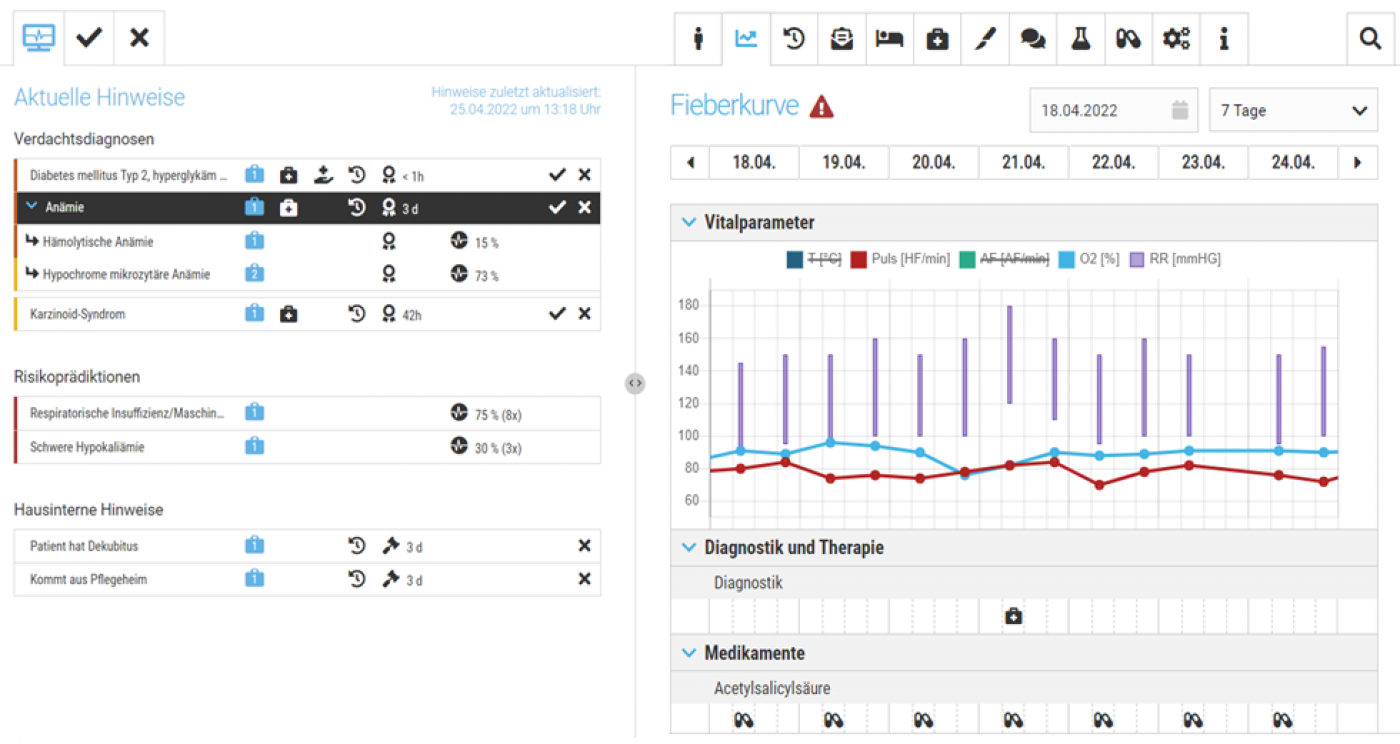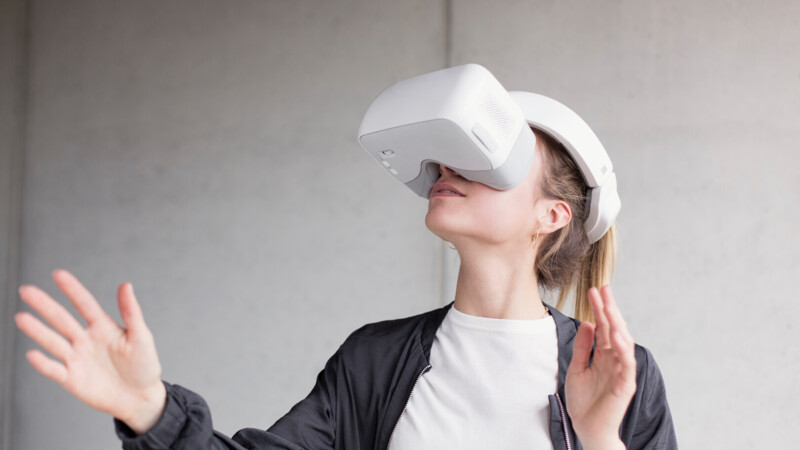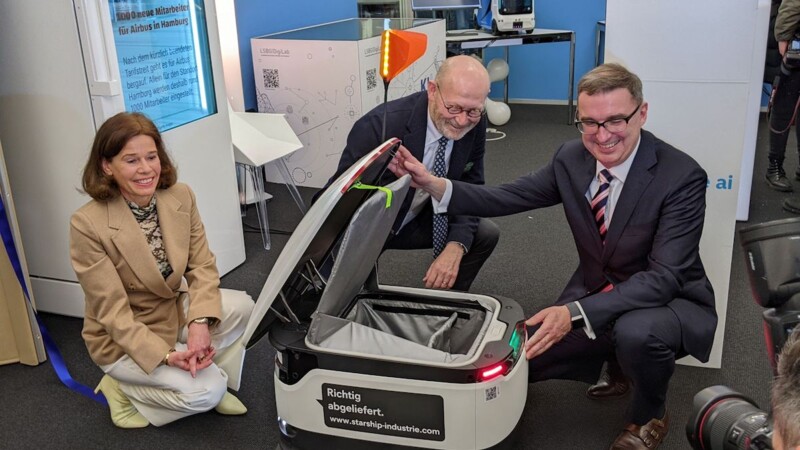MOMO accesses all digitally available patient data for billing purposes. More's the reason to use all this data for predictions. "We are developing clinical decision support software to improve treatment quality using MAIA," Aschenberg said. "Patterns can be identified with AI. Patients who have suffered a certain illness, for instance, may have had a laboratory value of X a few hours earlier - to name just one factor. With enough training, our system can offer robust predictions of when a patient is likely to contract a disease." Tiplu now hopes to revolutionize the medical profession with structured data thanks to its preliminary work in hospitals.
The idea of the transparent patient may frighten some, but imagine how much greater the chances of recovery would be, if doctors had an all-inclusive picture of their patients and an overview of all risk indicators? Then, doctors would be able to take the right measures in good time. Tiplu, a tech company in the healthcare sector in Hamburg Harburg, is working on precisely this vision, “but while maintaining data privacy," according to founder Dr. Lukas Aschenberg. His brother, Tim, is an IT expert, and hit on a software solution for revenue assurance in hospitals in 2016. Hence Tiplu was founded. Later, Peter Molitor came on board as sales manager. Their first product, MOMO, derived from Michael Ende's MOMO, uses artificial intelligence (AI) to help hospitals code cases and ensures that every service rendered is billed correctly. Thanks to coding with MOMO, health insurers no longer dispute invoices. This saves a whopping EUR 2 billion per annum. Around 400 hospitals all over Germany are now using the coding software. MOMO reads billing codes independently of the patient record thereby automating billing. "Demand from hospitals is strong because there is also an acute shortage of skilled workers in billing," according to Lukas Aschenberg.
MAIA to improve quality of treatment
MAIA learning on site - market launch in early 2023
Sensitive patient data is subject to an extremely high level of protection and cannot leave hospitals. "That's why our system is coming to hospitals. We provide the hospitals with high-performance computers and MAIA learns on site in compliance with data protection regulations. To this end, we are now working with a good 100 large hospitals." The more clinics that participate, the better. Patterns detected at one hospital are transferred to the next in the shape of anonymous number strings and form the basis of further learning. MAIA becomes smarter as it moves around because the system has been trained in all those hospitals. This "supported learning" approach is well known, Aschenberg stressed. "But our network of 100 clinics is probably unique certainly in the German-speaking region and perhaps beyond."

FLOWA makes forecasts for objective processes
Tiplu has already developed a prototype of the software called MAIA 1.0, which is now being certified as a medical device. "This should be completed by the end of the year, and we anticipate a market launch in early 2023." Tiplu has since expanded its workforce to 150 employees recruited from IT, medicine, nursing, coding and business management. The start-up is already working on its next product called FLOWA. This process automation tool should bring together the various IT structures in an organization to form a digital network of linked and interacting systems. FLOWA would then suggest the next optimal step in a process chain. Aschenberg cites the emergency room as an example. "The organization follows a clearly outlined process - from reading the patient's file, choosing various diagnostic options to admission to a ward. FLOWA helps medical staff make objective predictions about the next useful step, whether it's an X-ray or a CT scan. This clever addition to a hospital's digital infrastructure is also suitable for many other industries, Aschenberg stressed. "FLOWA could be the first of our products to branch out from the healthcare sector. It can be used anywhere, for instance, in public authorities or in logistics.
ys/pb
Read the other parts in our series:
1) Relieving phantom pain with virtual reality
2) Business model: Fighting phobia in a virtual environment
3) Using artificial intelligence as a prophylaxis against stroke
Sources and further information
More
Similar articles

EUR 1.8 million in funds for research into 3D avatars in telemedicine

Surviving crises with smart mental health ideas from Hamburg

Showroom for artificial intelligence opens in Hamburg
